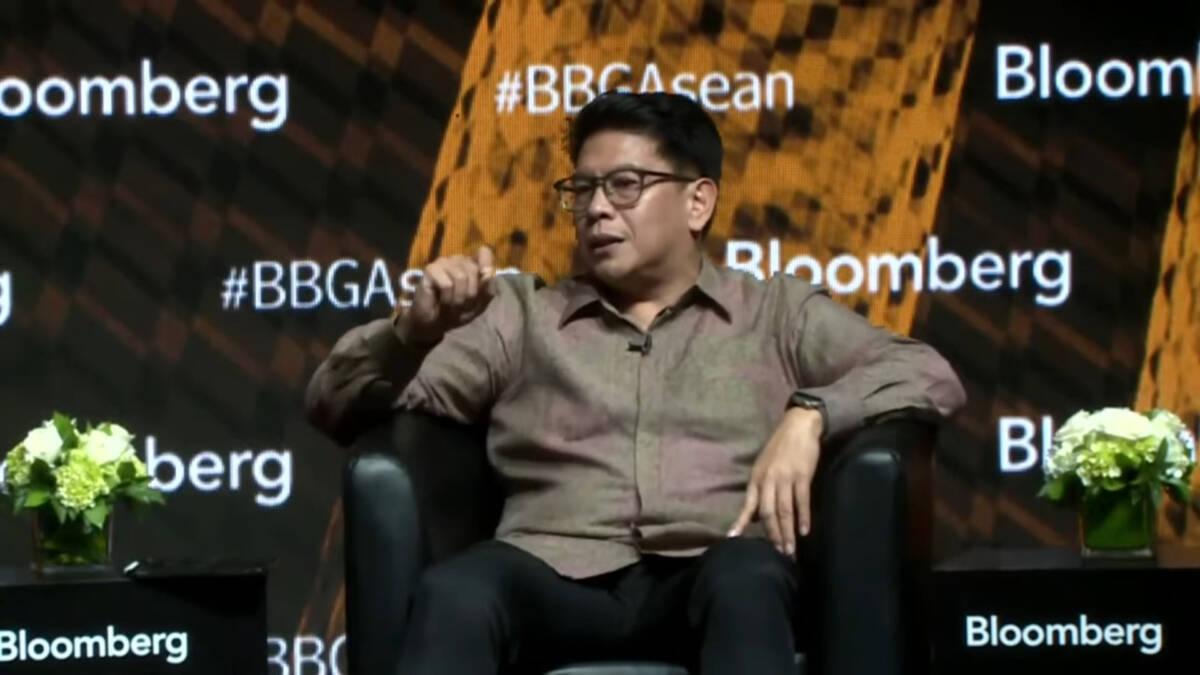
Jakarta, September 6, 2023 – The draft Comprehensive Investment and Policy Plan (CIPP) document of the Just Energy Transition Partnership (JETP) is under review by the Indonesian government. This review is seen as an effort to ensure that the achievement of JETP targets is in line with reality. This was conveyed by Rachmat Kaimuddin, Deputy for Infrastructure and Transportation Coordination, Coordinating Ministry for Maritime and Investment Affairs, at the Bloomberg CEO Forum at ASEAN (6/9).
“The JETP Secretariat has submitted the JETP roadmap, which is the result of work from four working groups which are technical, financing, policy, and just transition. Currently, it is still under review to assess the match between the required energy types and technologies and the emissions reduction goals in Indonesia, and to ensure that the JETP roadmap can be implemented in reality,” Rahmat explained.
On the same occasion, Fabby Tumiwa, Executive Director of the Institute for Essential Services Reform (IESR), mentioned that the limited availability of data posed one of the obstacles in preparing the CIPP document, particularly concerning captive coal-fired power plants (CFPP) or plants operated by specific companies to supply their own electricity.
“In the last two years, Indonesia has implemented coal downstreaming policies that have led to an increase in the number of industries building mineral processing facilities or smelters. This, in turn, has resulted in an increase in the number of captive coal power plants used to supply energy to these smelters. Meanwhile, when the JETP was agreed upon in 2022, the data used still did not include the captive CFPP,” he said.
Furthermore, Fabby mentioned that to create more opportunities for renewable energy developers, the government needs to evaluate the Domestic Market Obligation (DMO) policy on coal, which artificially lowers coal prices. He believes that this policy reform also needs to be discussed at the legislative level. Additionally, he highlighted that electricity tariffs from coal-fired power plants are relatively lower than those for renewable energy. This means that Indonesia’s utility company, PLN, has limited incentives to promote the utilization of renewable energy. In fact, he added, an equal electricity tariff between fossil fuels and renewable energy would provide utility companies with sufficient capital to invest in renewable energy.
Fabby stated that Indonesia requires substantial investments to expedite the development of renewable energy.
“To attain the JETP target of achieving a 34% renewable energy mix by 2030, Indonesia needs to construct approximately 40 GW of renewable energy capacity. This presents challenges in terms of the supply chain and the procurement process. Therefore, Indonesia truly needs proper financing instruments. Within the JETP framework, concessional financing with low-interest rates is a necessity,” he concluded.

